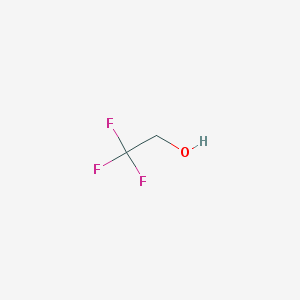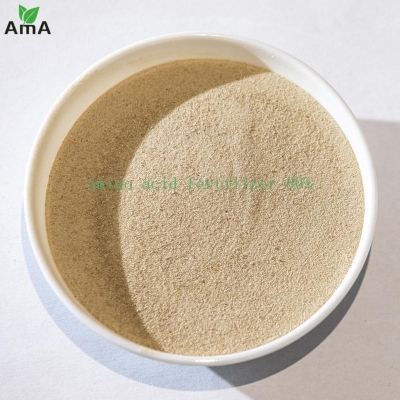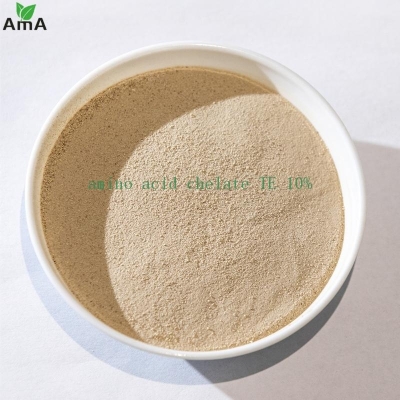Speed up the listing, reduce the tax rate, import new drugs and good drugs to help people's health
-
Last Update: 2018-05-22
-
Source: Internet
-
Author: User
Search more information of high quality chemicals, good prices and reliable suppliers, visit
www.echemi.com
Source: Dandelion May 22, 2018 to achieve national health, drug security must keep up It is the urgent need of the common people to use both new and good drugs In recent years, China has launched a series of measures, such as accelerating the review and approval of new drugs, accepting the data of overseas clinical trials and so on, to speed up the listing of clinically urgent drugs; in addition, by reducing the tax rate of imported drugs, more people can afford to use foreign new and good drugs How to meet the public's urgent need for drug use faster when foreign good drugs enter into China, and how to make good drugs with high quality and excellent curative effect come into the market in China as soon as possible, has been the focus of drug review and approval in China In 2015, the State Council issued the opinions on reforming the review and approval system of medical devices, and in 2017, the central office and the State Office jointly issued the opinions on deepening the reform of the review and approval system and encouraging the innovation of medical devices China has continuously deepened the reform of the review and approval system of drugs and accelerated the listing of drugs urgently needed in clinical practice "In recent years, the speed of market review and approval of imported innovative drugs has been accelerating." The head of the State Food and Drug Administration told reporters In China, innovative drugs with obvious clinical value and other 18 cases, as well as drugs urgently needed in clinic and in short of market, are included in the scope of priority review and approval, the R & D and marketing are accelerated, the review and approval procedures of imported drugs are adjusted, and the domestic marketing of imported drugs is accelerated "In order to ensure the safety of the subjects, when conducting phase I clinical trials, the imported drugs were required to be done first abroad and then at home, which led to the late entry of the imported drugs into China to some extent Now they are adjusted to synchronous clinical trials In the past, the registration of imported drugs required the listing license documents of the countries or regions where the foreign pharmaceutical manufacturers are located In order to make good drugs be listed in China synchronously or as soon as possible, this requirement was cancelled " Li Jinju, deputy director of the registration department of the State Food and drug administration, recently introduced at the press conference of the state new office that with these policies, some clinically urgently needed drugs, such as anti-cancer drugs, can be developed synchronously in China and have a similar time to market Data can be proved: in 2017, the average time for clinical trials of imported anticancer drugs was 114 days, 129 days shorter than 243 days in 2014; the average time for marketing of imported anticancer drugs was 111 days, 309 days shorter than 420 days in 2014 The approval time for the import of regofinib, a new drug for advanced liver cancer treatment, is only 7 months later than that of the first country in the world, the United States, and 5 to 8 years later in the past In order to ensure the rapid entry of imported drugs into the market after customs clearance, in April this year, the State Food and Drug Administration issued a document stipulating that, in addition to the chemicals sold for the first time in China, chemical raw materials and preparations will not be subject to batch by batch compulsory inspection when they are imported The State Food and drug administration has also organized the drafting of technical guidelines such as the technical guidelines for the conditional approval and listing of clinically urgently needed drugs and the technical requirements for accepting the data of overseas clinical trials, which will be released to the public in the near future The implementation of the guidelines will speed up the listing process of anti-cancer drugs and other imported drugs in China According to the State Food and drug administration, there are more than 4100 approval numbers of imported drugs in China, involving nearly 30 treatment fields such as anti-tumor, anti infection, cardio cerebrovascular, digestive system, etc., which meet the clinical drug demand of patients in China "We will also continue to optimize the review and approval process For overseas listed drugs for treatment of serious or life-threatening diseases, including anti-cancer drugs, which are still lack of effective treatment means and meet the technical requirements of our country, the applicant can directly apply for drug listing registration based on the clinical trial data obtained overseas, that is," one report for one batch "to shorten the time of listing Between " Li Jinju said Imported drugs are cheaper New and good drugs should not only enter China faster, but also be cheaper for the public to use On April 23, the Tariff Commission of the State Council issued the announcement on reducing the import tariff of drugs Since May 1, 2018, the import tariff of all general drugs, alkaloid drugs with anticancer effect and Chinese patent drugs with actual import will be reduced to zero by the way of provisional tariff On April 27, the Ministry of finance, the General Administration of customs, the State Administration of Taxation and the State Food and Drug Administration jointly issued the notice on value added tax policy for anticancer drugs Since May 1, the import value-added tax on anticancer drugs (including 103 anticancer drug preparations and 51 anticancer drug APIs) will be reduced by 3% According to preliminary statistics, 138 kinds of anti-cancer drugs have been listed in China, with a total cost of about 130 billion yuan in 2017 According to the General Administration of customs, the reduction of 3% of import value-added tax on imported anticancer drugs is based on "zero tariff", which further reduces the value-added tax that accounts for the main tax burden in the import chain, reduces the burden of drug fees on cancer patients, and provides consumers with more drug choices According to the national health and Health Commission, in order to transmit this good policy to cancer patients' clinical terminals, they and relevant departments have studied and determined comprehensive follow-up measures to reduce the cost of anticancer drugs, such as centralized procurement, medical insurance reimbursement, accelerating the import and listing of innovative drugs, supporting measures, forming a synergy and amplifying the benefits for the people In the field of medical devices, China also adheres to the opening-up policy, implementing the same approval procedures and technical requirements for imported medical devices and domestic medical devices, and gradually reducing tariffs, so that Chinese people can enjoy more health benefits As early as September 2016, the 22nd session of the Standing Committee of the 12th National People's Congress deliberated and approved the amendment to tariff schedule of the people's Republic of China's accession to the world trade organization, starting to gradually reduce and eventually eliminate tariffs on 201 information technology products imported from WTO members These products include information and communication products, semiconductors and their production equipment, medical devices, etc the import tariff of most products will be reduced to zero through three or five years, and the import tariff of a small number of products will be reduced to zero through seven years The medical devices involved include cardiac pacemaker, X-ray tomograph, nuclear magnetic resonance imaging device, ultrasound scanning device, etc In 2017, China imported 375 class II medical devices for the first time and 191 class III medical devices for the first time Science has no borders, and drug innovation is the common well-being of mankind While encouraging and strengthening the research and development of domestic innovative drugs, one of the ways to achieve national health is to let foreign new drugs and good drugs enter China faster and cheaper, to provide more drug choices for Chinese people, and to jointly enjoy the health and well-being brought about by human drug innovation.
This article is an English version of an article which is originally in the Chinese language on echemi.com and is provided for information purposes only.
This website makes no representation or warranty of any kind, either expressed or implied, as to the accuracy, completeness ownership or reliability of
the article or any translations thereof. If you have any concerns or complaints relating to the article, please send an email, providing a detailed
description of the concern or complaint, to
service@echemi.com. A staff member will contact you within 5 working days. Once verified, infringing content
will be removed immediately.







